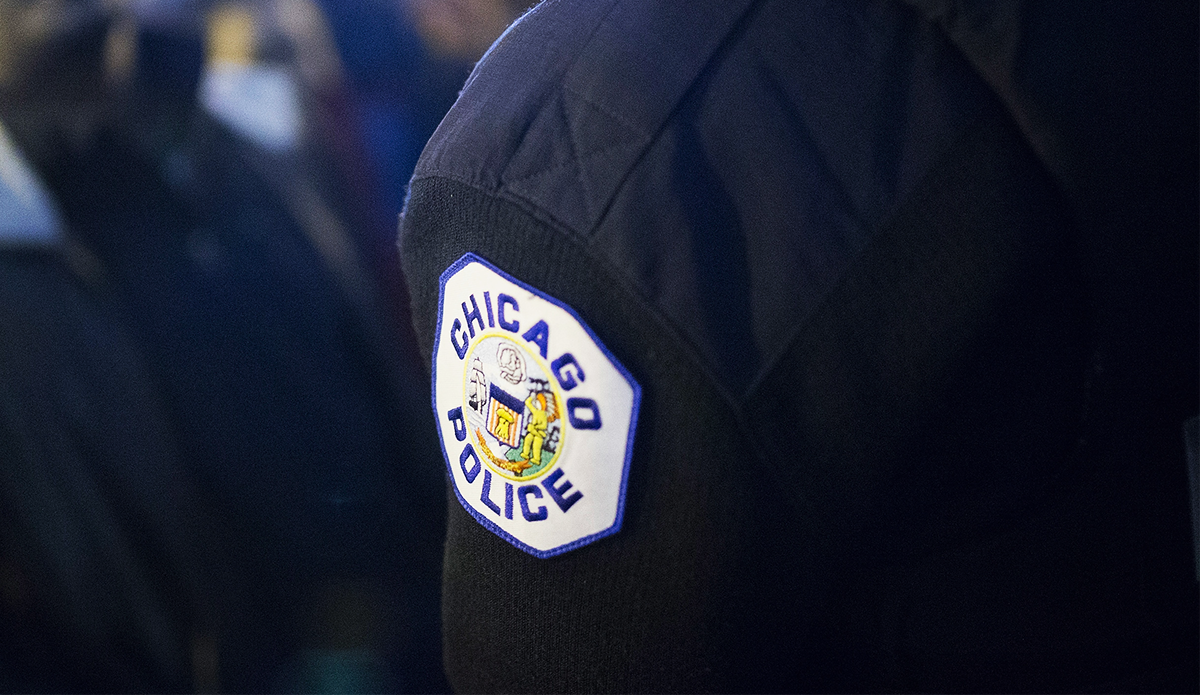A Dutch man who allegedly used the shuttered Silk Road underground website to sell illegal drugs for bitcoins worth millions of dollars has agreed to plead guilty to a federal drug conspiracy charge filed in Chicago Thursday.
Cornelis Jan Slomp, also known as “SuperTrips,” is accused of selling approximately 104 kilograms of MDMA, 566,000 ecstasy pills containing MDMA, 4 kilograms of cocaine, 3 kilograms of benzodiazepine and substantial quantities amphetamine, LSD and marijuana through his now-shuttered SuperTrips vendor account.
The 22-year-old of Woerden, the Netherlands, was arrested at Miami International Airport in August. Court documents allege that Slomp was intending to meet with alleged co-conspirators in Florida and to spin-off his entire U.S. Silk Road operations and customers to one of his co-conspirators.
“Illegal drug-trafficking is not new, but drug-trafficking using a sophisticated underground computer network designed to protect anonymity of buyers and sellers presents new challenges to law enforcement that we are prepared to meet,” U.S. Attorney Zach Fardon said in a statement.
According to court documents, Slomp used Silk Road to sell illegal drugs and received approximately $385,000 in bitcoins from more than 10,000 transactions.
The underground website, which officials say allowed vendors and buyers to sell and exchange illegal drugs and other illicit, black market goods, operated on a special worldwide network of computers that concealed the true Internet Protocol addresses of the users.
Officials said that during their 18-month undercover operation, they collected more than 100 envelopes, mailed by Slomp, containing various controlled substances, which were seized at O’Hare International Airport.
Local
Slomp has reportedly agreed to plead guilty and faces a mandatory minimum sentence of five years and a maximum of 40 years in prison and a $5 million fine, according to a release from the U.S. Attorney’s office.



